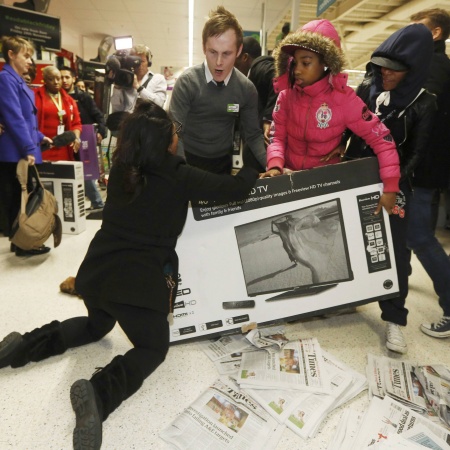Middle East Internet Blackout!
By Sumayyah Meehan, MMNS
This past week millions of Internet users across the Middle East and Southeast Asia woke up to find a far reaching web blackout had plunged the region into Internet darkness.

The cause for the disruption has been blamed on two undersea Internet cables accidentally cut, off the coast of Egypt. A third cable was cut within days of the first two, which even further crippled Internet usage in the region. The official cause for the damage was ships traveling in the region, which are said to have accidentally cut the cables with their anchors while other reports blame it on sharks or bad weather.
Countries affected include Egypt, Kuwait, Bahrain, Qatar, Saudi Arabia, UAE, Pakistan and India. The cable cuts resulted in an astounding 70% blackout across the board with users in countries like Saudi Arabia and India facing a total blackout unable to link to the Internet at all. Other countries like Kuwait and Dubai were able to restore some of their Internet services after the initial damage to the cables. As of press time, these two tiny Gulf States were at about 50% usage due to being able to reroute their own connections, which may as well be the same as a blackout. The Internet is so slow that it is still unusable for many residents of the Gulf.
The effect of the damaged cables, the main ones being the FLAG Europe-Asia cable and the SeaMeWe-4, remains to be seen. The main disruptions have been noted in the Stock Exchanges for the affected governments. Trading has exponentially slowed down but has not been halted all together. However, with repairs estimated to take in upwards of two weeks to complete, it is probable that we have only minutely seen the damage that will continue to be done. Privately owned Internet cafes in the region have also had a notable shutdown of their business services as a result of the blackout. However, airports have managed to maintain flight schedules and passenger information services despite the slow pace of the Internet.
The Middle East and India especially are dependent on the Internet for the infrastructure of their nations. Many analysts have said this fiasco must serve as a wake-up call for governments to improve the state of Internet connectivity. It does not take a degree in IT to see that cables running across the sea beds are vulnerable to damage and even terrorist attacks. Critics insist that undersea Internet cables put countries and their economies at such a risk that they should be abandoned altogether in favor of more stable satellite technology.
Conspiracy theorists have already begun spreading a different version of what happened. One local Mideast newspaper reported that the Ministry of Telecommunications in Egypt has implicitly stated that there were not any ships registered in the area off the coast of Egypt at the time of the first cable cut (and they’ve got video to prove it!) which gives merit to recent rumors in the Gulf that the cable cuts were a deliberate attempt to halt the use of the Internet in the region. In another report, the distance between the first two cut cables was closely scrutinized. The first two cables that were cut are estimated to be about a half mile apart. So, it seems unlikely that a single ship could “accidentally†drop an anchor and hit them both at the same time. And what about the 3rd cable? Conspiracy theorists continue to innundate the web with claims it was no coincidence. There are even reports that a 4th Internet cable has also been cut but neither governments or the owners of the cables have neither confirmed nor denied this claim. The most sinister speculation so far has blamed the U.S. and Israel for the cuts in a blatant attempt to further cripple Iran which is now purported to have their Internet service back albeit through U.S. and British routers. There is a widespread belief amongst conpiracy theorist bloggers and on Internet messageboards that the U.S. will engage in a campaign of “Information Warfare†attacking Iran.
Two repair ships have already anchored in the Persian Gulf to begin repairs to the cut cables, however these efforts have been severely hampered by rough seas and bad weather. Time is of the essence as the longer it takes for the repairs to be completed gives more substance to the speculation that the Internet cable cuts were no mistake.
10-7












2008
1,106 views
views
0
comments